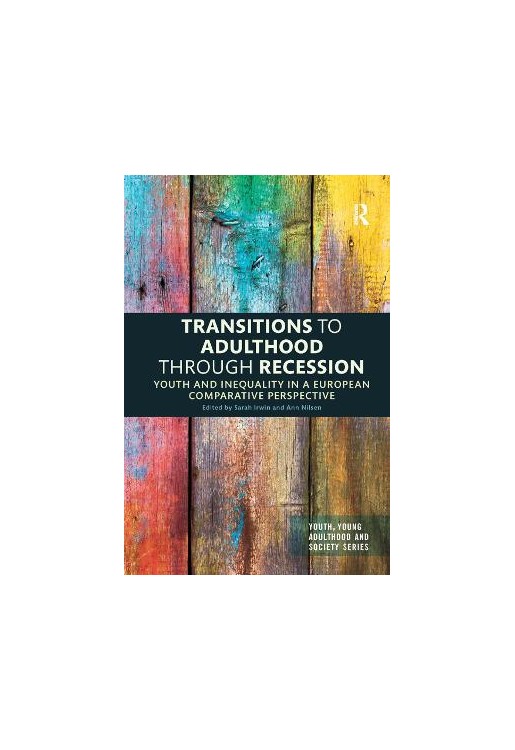Transitions to Adulthood Through Recession consists of a collection of papers by researchers from Britain, Norway, Germany, Portugal, Italy and Greece, locating young people’s transitions to adulthood in their national social, economic and political contexts.
Acknowledgements
Contributors
Chapter 1 Understanding Youth Transitions in Difficult Times
Sarah Irwin, Ann Nilsen
Chapter 2 Youth research meets life course terminology: the transition paradigm revisited
Ken Roberts
Chapter 3 Transitions from school to work in Norway and Britain among three family generations of working class men
Julia Brannen, Kristoffer Chelsom Vogt, Ann Nilsen, Abigail Knight
Chapter 4 How parents see their children's future: education, work and social change in England
Sarah Irwin
Chapter 5 Biography, History and Place: Understanding Youth Transitions in Teesside
Robert MacDonald, Tracy Shildrick
Chapter 6 Social inequality and the transition to education and training: the significance of family background in Germany
Birgit Jentsch, Herwig Reiter
Chapter 7 Youth transitions and generations in Portugal: examining change between baby-boomers and millennials
Nuno Almeida Alves
Chapter 8 Young people and housing transitions: the role of intergenerational support in an Italian working class context
Elena Mattioli, Nicola De Luigi
Chapter 9 Young people, transition to adulthood and recession in Greece: In search of a better future
Alexandros Sakellariou, Alexandra Koronaiou
Chapter 10 Kinship, community and the transition to adulthood - geographical differences and recent changes in European society
Patrick Heady




